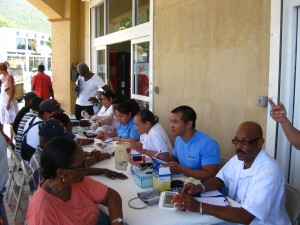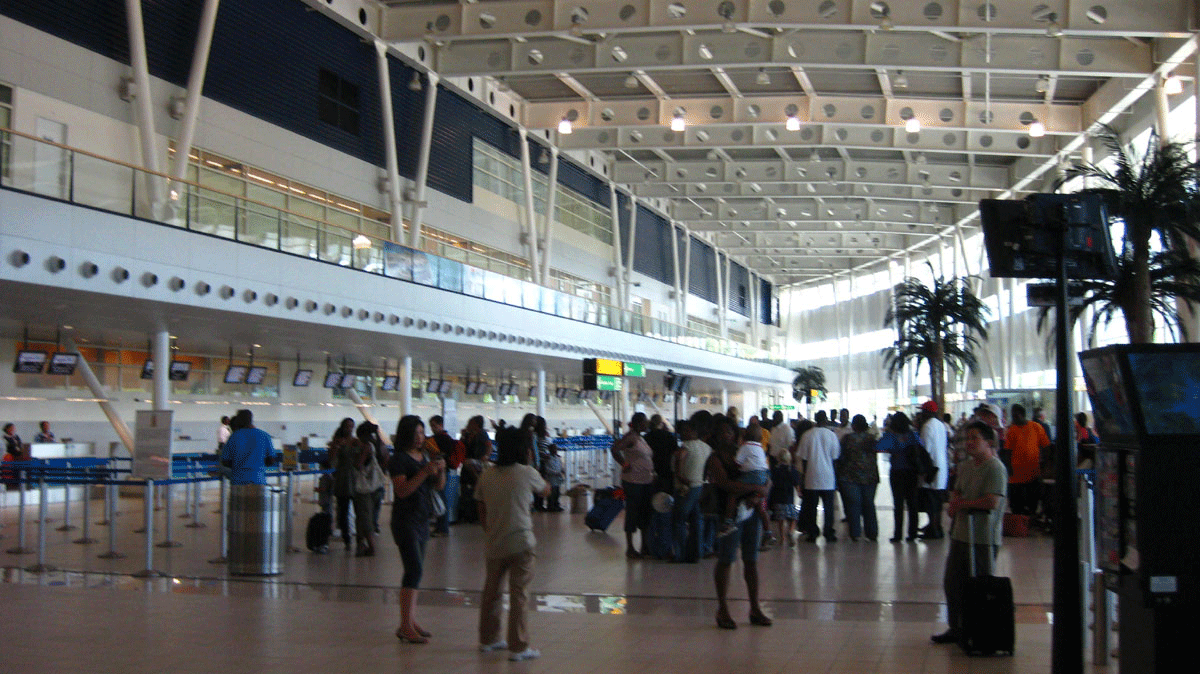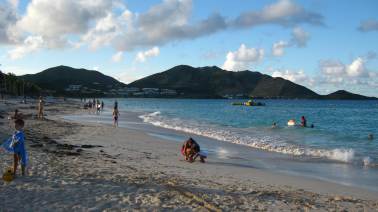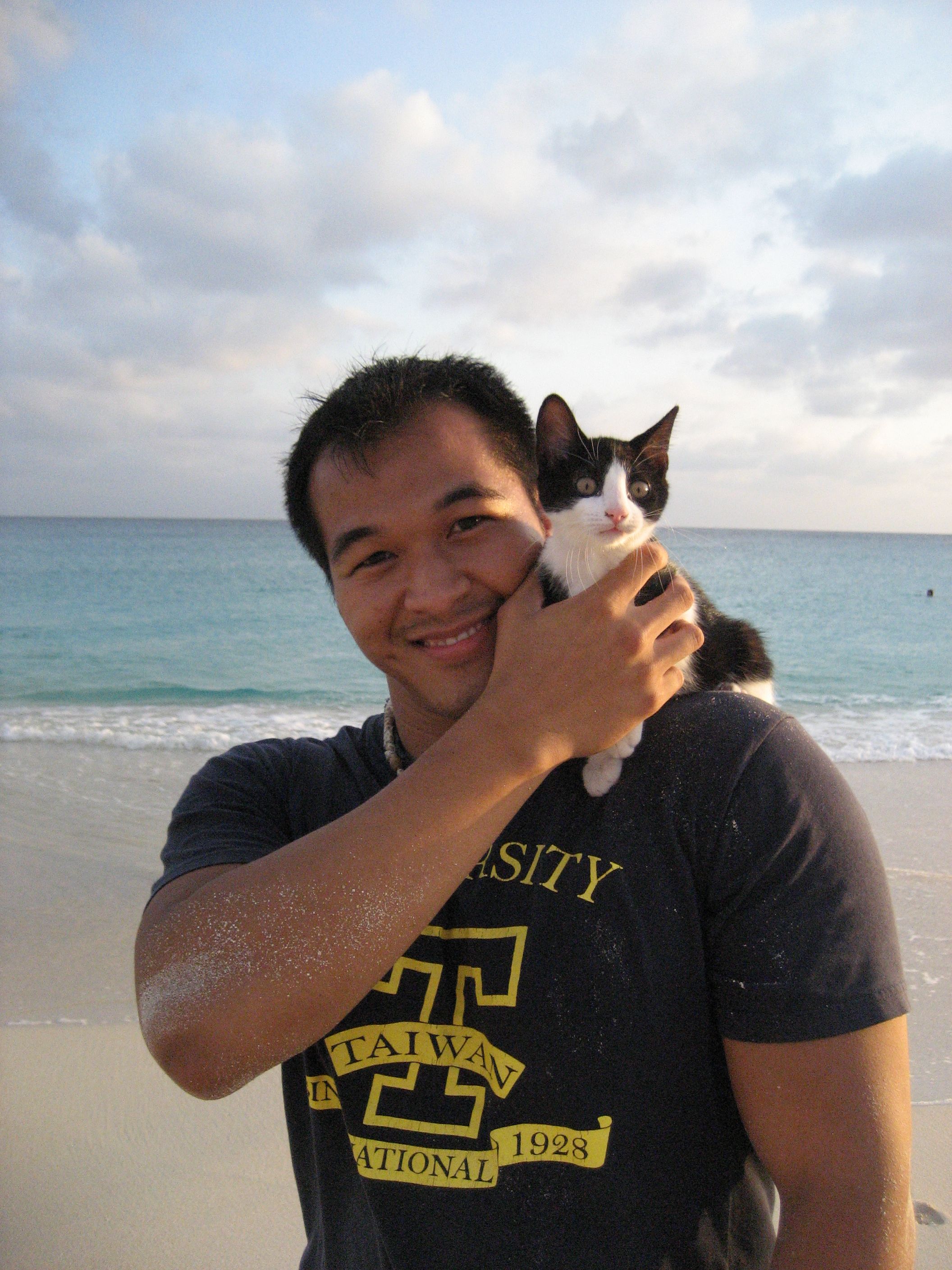Diabetes Foundation of St. Maarten

Every semester, the American Medical Students Association (AMSA) at our school trains and provides opportunities for many AUC student to go volunteer with the Diabetes Foundation of St. Maarten every weekend to offer free diabetes screening to the community. Like many other industrialized nations, St. Maarten has a growing incidence of diabetes and high blood pressure. This past Saturday, three friends and I signed up to volunteer in front of the ACE Hardware Superstore in Cole Bay. It was a really good experience and I had a chance to practice my interview and consultation skills, clinical skills, and apply my love for health and medicine for the benefit of the community.
Our job involved interviewing patients for their background information and family history and their current state of health (weight, height, last meal). Then we measured their blood pressure, pricked their finger for a blood sample and tested them for diabetes through a gadget. If they had high blood pressure, we then advised them on ways to improve their health, like exercising or decreasing the sodium in their diet. If they had high blood glucose levels, we encouraged them to monitor their treatments better or see the doctor.
The people of St. Maarten come from all over the place. From the numerous people that I screened, rarely did I see anyone who was actually born in St. Maarten. They come from all over the Caribbean — Jamaica, Dominican Republic, Curaçao, Guyana — as well as the Middle East, Asia, and Europe. Because of this diversity that I saw while screening, I realized the importance of multicultural, multilingual exposure in the medical profession. Taking patient interviews, I faced the task of understanding accents from all over the world. There is no one Caribbean accent. People from Jamaica speak English very differently from people in St. Maarten or Trinidad. At first, it was a little difficult to understand some people, but I picked it up pretty fast. It was very interesting seeing how colorful and diverse English can sound from all over the world.
People with different backgrounds and beliefs may also have different views of their own health and different ways of relating to their doctors. I saw a patient who refused to get health insurance, because he believed the only person who could insure his life was Jesus. Another person does not go to the doctor because he felt doctors only give him bad news. How do you convince a patient who grew up with these views to seek the help they need from a doctor or get insurance if their blood glucose levels or blood pressure is abnormally high? These were questions that I was suddenly faced with during my shift.
As communication is key to a doctor’s work, nowhere is the importance of multilingualism more apparent than St. Maarten. Most of the locals working at the Diabetes Foundation speak at least 2 or 3 languages. On the right and left of where I was sitting at the booth, I heard volunteers talking to patients in English, Spanish, French, and Papiamentu (which is spoken on Aruba, Bonaire, and Curaçao). One of my friends was a native speaker of Spanish and she got all the Spanish-speaking patients. I stayed safe and stuck with the English-speakers.
The people of St. Maarten turned out to be healthier than I thought. There were some people who had high levels, but most of the people I screened had blood sugar and blood pressure levels within normal range. It’s hard to correlate the culture and lifestyle of the people of St. Maarten to health, since people come from all over the place and of all backgrounds as I learned from this experience. But with more free health screenings like the one my friends and I conducted, we can help the people of St. Maarten and the rest of the world become more aware of their own healths.












